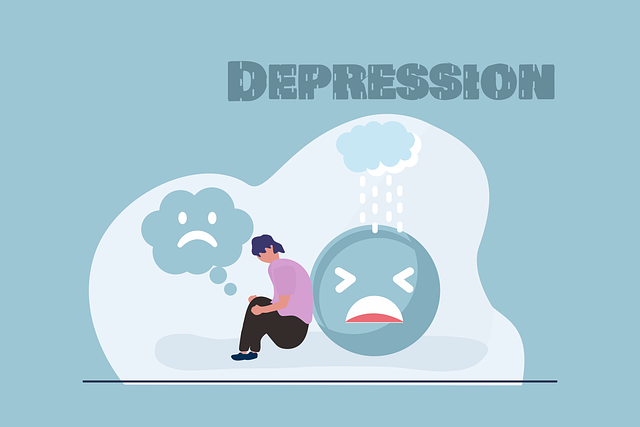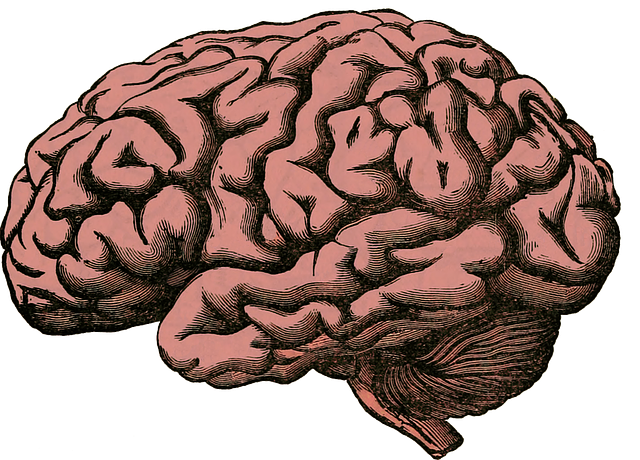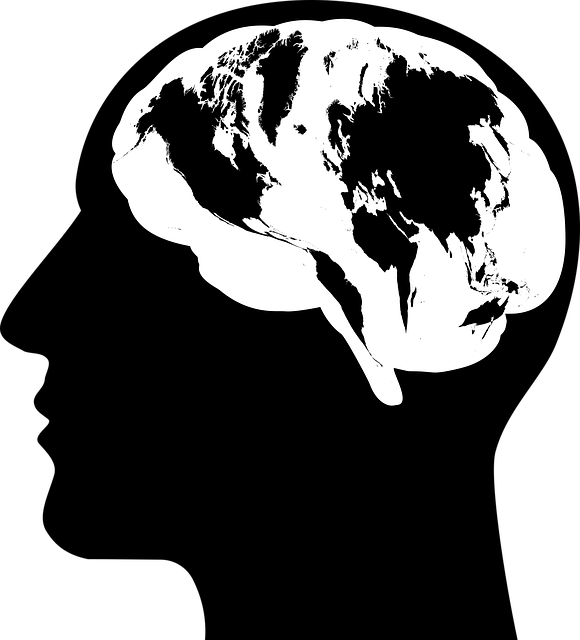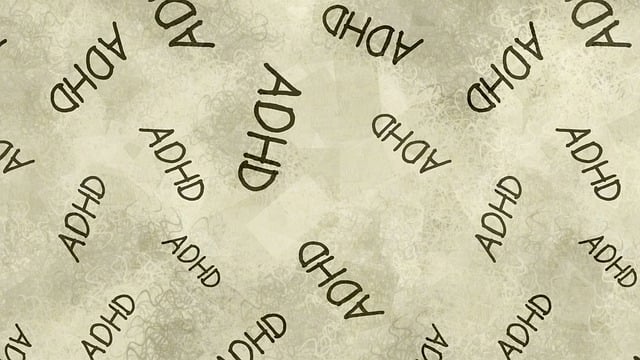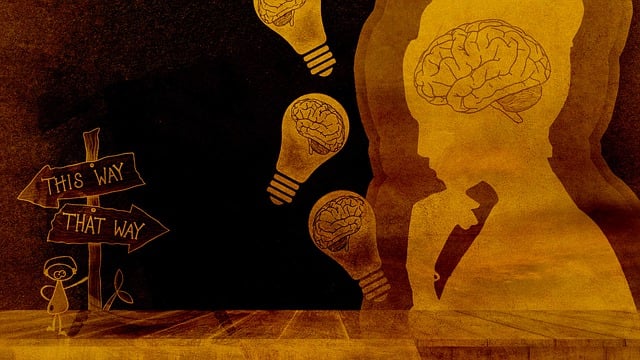As aging populations grow, understanding and addressing elderly anger becomes crucial. This text emphasizes the multifaceted nature of elder anger, stemming from physical limitations, social isolation, health issues, and loss of independence. It advocates for therapy as a key strategy, focusing on mental health education for healthcare providers to improve seniors' emotional management. Public awareness campaigns play a vital role in combating stigma through diverse media platforms, promoting emotional intelligence, and offering practical tools like stress management workshops. Effective therapy for anger management requires tailored approaches addressing unique challenges, such as health concerns and financial stress, with methods like mental wellness journaling and stress management workshops proven successful. The overall strategy involves strategic public awareness campaigns integrated with Mental Wellness Coaching Programs for significant improvements in elder mental health and community peace.
Public awareness campaigns play a pivotal role in addressing critical social issues, especially when targeting vulnerable populations like the elderly. This article delves into the multifaceted approach to managing anger in older adults, exploring its causes and profound effects. We examine the power of public education through well-designed campaigns, offering insights into effective therapy models tailored for their unique needs. Furthermore, practical implementation strategies are discussed to ensure successful, long-lasting impacts on anger management programs catering to the elderly.
- Understanding Elderly Anger: Causes and Impact
- The Role of Public Awareness Campaigns in Educating Communities
- Designing Effective Therapy for Anger Management Programs Targeting Elders
- Implementation Strategies to Ensure Success and Long-Lasting Impact
Understanding Elderly Anger: Causes and Impact

Elderly anger is a complex issue that deserves careful consideration and understanding. As our population ages, it’s crucial to recognize that frustration and irritability can stem from various sources, especially in older adults who may face physical limitations, social isolation, or cognitive changes. The causes of elderly anger range from chronic pain and health conditions to a sense of powerlessness or loss of independence. These feelings can be further exacerbated by societal attitudes and stereotypes that perceive aging as a decline, leading to reduced self-esteem and a lack of engagement with community resources.
Therapy for elder’s anger management is a vital component in addressing these underlying issues. Mental health education programs designed with cultural competency training for healthcare providers can significantly improve outcomes. By recognizing the impact of ageism and providing support through self-esteem improvement initiatives, caregivers and healthcare providers can help elderly individuals navigate their emotions more constructively. This approach ensures that mental health services are tailored to meet the unique needs of older adults, fostering better relationships and enhancing overall well-being.
The Role of Public Awareness Campaigns in Educating Communities

Public awareness campaigns play a pivotal role in educating communities and addressing pressing issues. These initiatives are instrumental in shedding light on various aspects of mental health, such as therapy for elders and anger management, which often face stigma and misunderstandings. By utilizing diverse media platforms and creative strategies, these campaigns can reach wide audiences and foster open dialogues.
Through informative content and interactive formats, they aim to promote emotional intelligence and stress management workshops among different age groups. The focus on mental illness stigma reduction efforts is crucial in creating supportive environments where individuals feel encouraged to seek help without fear of judgment. This, in turn, empowers communities to better understand and manage their emotional well-being.
Designing Effective Therapy for Anger Management Programs Targeting Elders

Designing effective therapy for anger management programs targeting elders requires a nuanced approach that considers both their unique needs and challenges. As our population ages, addressing anger issues becomes increasingly vital to maintaining mental wellness among seniors. Anger can stem from various sources, such as health concerns, financial stress, or feelings of isolation, all of which are prevalent in this demographic. Therefore, therapy should incorporate strategies tailored to these specific triggers.
One promising approach is integrating mental wellness journaling and stress management workshops. Encouraging elders to record their thoughts and emotions can provide valuable insights into the root causes of anger. Coupled with guided anxiety relief techniques learned through workshops, this method offers a holistic solution. By combining written reflection and practical stress-reduction tools, therapists can empower seniors to manage their anger constructively, enhancing overall quality of life and fostering a sense of peace within the community.
Implementation Strategies to Ensure Success and Long-Lasting Impact

The success and longevity of public awareness campaigns, particularly those focusing on sensitive issues like elder anger management, heavily rely on robust implementation strategies. These include employing multi-channel communication approaches—such as leveraging social media, community events, and partnerships with healthcare providers—to ensure messages reach diverse audiences effectively. Tailoring content to resonate with cultural nuances is paramount; Healthcare Provider Cultural Competency Training plays a vital role here, fostering understanding and empathetic responses from caregiving professionals.
Mental Wellness Coaching Programs Development should be integrated into the campaign’s framework to offer practical support for those struggling with emotional regulation. This two-pronged approach—raising awareness and providing accessible tools for emotional well-being—can lead to significant, long-lasting impacts on public health. By combining strategic outreach with empowering resources, these campaigns can foster lasting behavioral changes and improved mental wellness, especially among elders.
Public awareness campaigns play a pivotal role in educating communities about elderly anger, its causes, and impacts. By understanding these aspects, we can design effective therapy programs tailored to the unique needs of elders, such as those focused on anger management. Implementation strategies that ensure success and long-lasting impact are crucial for fostering healthier, more supportive environments for our aging population. Integrating these insights into community initiatives can significantly enhance well-being and quality of life for elderly individuals.
